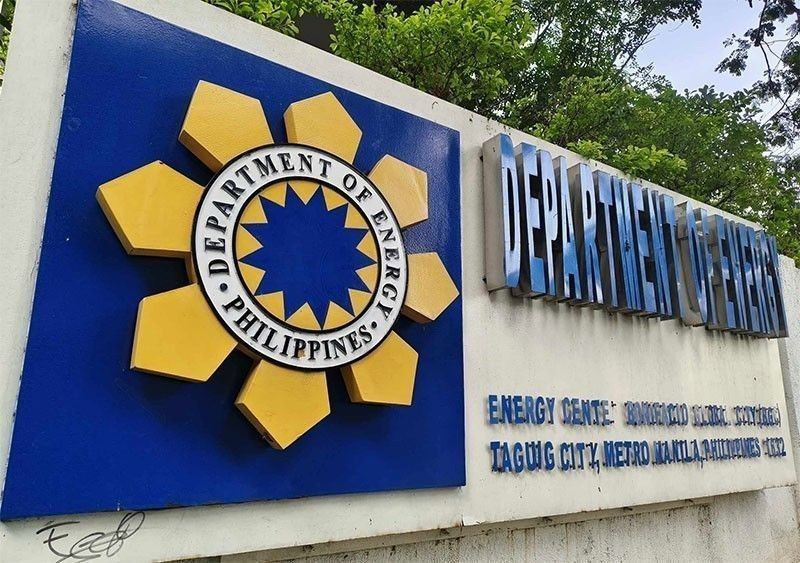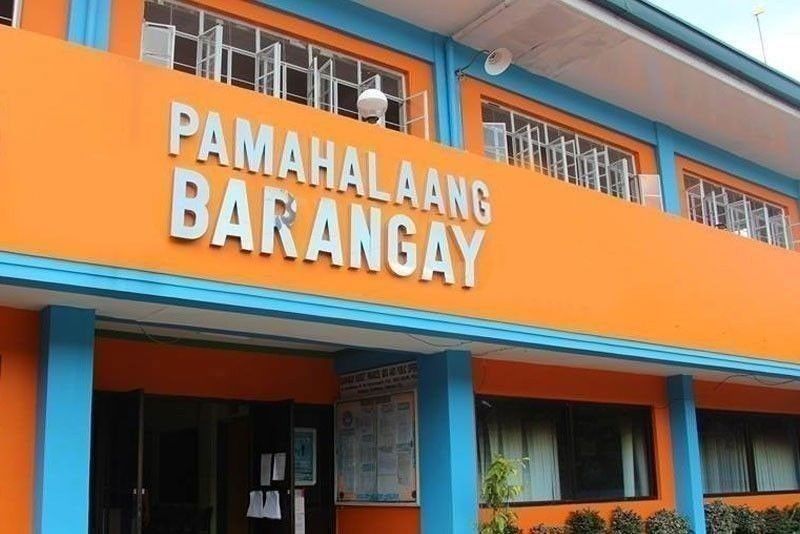
Upgrade to High-Speed Internet for only ₱1499/month!
Enjoy up to 100 Mbps fiber broadband, perfect for browsing, streaming, and gaming.
Visit Suniway.ph to learn
Jean Mangaluz - Philstar.com
July 9, 2025 | 6:48pm
MANILA, Philippines — With Congress set to officially open on July 28, key roles in the Senate will be decided and political lines will be drawn: who goes where and more importantly, why does it matter?
Several major controversies hang over the Senate as it heads into the 20th Congress — foremost among them, the historic impeachment of Vice President Sara Duterte, an issue that has divided Congress itself, with the House of Representatives and the Senate at odds over the matter.
This new Congress also follows the passage of one of the most contentious budgets in recent years.
The 2025 national budget has been challenged before the Supreme Court, with petitioners questioning the significant cut to PhilHealth’s subsidy and the alleged preference for infrastructure funding over education.
Big seats at stake
On the opening day of the 20th Congress, senators will elect four key leaders: the Senate President, the Senate President Pro Tempore, the Senate Majority Leader and the Senate Minority Leader. Their roles can be summarized as follows:
- Senate President: The most powerful legislator in the Senate, they act as the chief presider of the chamber. They also act as the presiding officer of the impeachment court.
- Senate President Pro Tempore: They act as the Senate president should they be absent in one form or another.
- Senate Majority Leader: The manager of the legislative affairs of the Senate, however, the extent of their powers are not clearly defined. They are traditionally the Chairman of the Committee on Rules.
- Senate Minority Leader: Chosen by the minority bloc, they act as the “shadow president”. They are expected to constructively criticize policies.
Alliances
Sen. Francis Escudero is expected to retain his seat as Senate President, with his ally Sen. Joel Villanueva saying that at least 13 senators have expressed support for him. Villanueva did not name them.
Meanwhile, the self-proclaimed “Duterte bloc” has also backed Escudero, according to Sen. Ronald “Bato” dela Rosa.
In a press briefing on Wednesday, July 9, Dela Rosa said the “Dutert7” — composed of senators Bong Go, Robin Padilla, Rodante Marcoleta, Imee Marcos, Mark Villar and Camille Villar — has officially endorsed Escudero.
In a shock twist, Sen. Bam Aquino and Sen. Kiko Pangilinan are expected to join the majority and support Escudero, according to Sen. Jinggoy Estrada. Opposition figure Sen. Risa Hontiveros heavily campaigned for the two, and voters expected them to join her in the minority.
Hontiveros herself said that she would join neither the majority nor the minority, instead creating an independent bloc of her own.
In an ambush interview, Hontiveros said there were no hard feelings between her and Aquino and Pangilinan if they officially decide to join the majority.
With the Duterte bloc joining the majority, some may view this as a warning signal as to how the vice president’s impeachment will go.
Pro-Duterte senators, despite being expected to be non-partisan for the impeachment, have already been active in their efforts to block the trial.
Meanwhile, Sen. Miguel Zubiri has been open about his dissatisfaction with Escudero’s leadership, saying that his bloc — composed of veteran lawmakers Tito Sotto, Loren Legarda, and Ping Lacson — may end up forming the minority. Sotto has also expressed openness to becoming the Senate Minority Leader.
Here is a projected outline of possible bloc alignments, based on statements from various senators. This list is not final, as official assignments will only be decided on the opening day of Congress:
Majority
- Sen. Francis Escudero
- Sen. Joel Villanueva
- Sen. Erwin Tulfo
- Sen. Raffy Tulfo
- Sen. Jinggoy Estrada
- Sen. Bam Aquino
- Sen. Kiko Pangilinan
- Sen. Bato dela Rosa
- Sen. Bong Go
- Sen. Robin Padilla
- Sen. Rodante Marcoleta
- Sen. Imee Marcos
- Sen. Mark Villar
- Sen. Camille Villar
- Sen. JV Ejercito
- Sen. Alan Cayetano
Minority
- Sen. Miguel Zubiri
- Sen. Tito Sotto
- Sen. Loren Legarda
- Sen. Ping Lacson
Independent
- Sen. Risa Hontiveros
Undeclared
- Sen. Pia Cayetano
- Sen. Lito Lapid
- Sen. Win Gatchalian
Committees
Meanwhile, committee chairs will also be decided on the opening day of the 20th Congress. Heavyweight committees typically go to the majority members, although this rule is not set in stone.
Estrada said that Aquino and Pangilinan joined the majority to secure the committees they wanted — Education and Agriculture, respectively.
Senate committees are powerful bodies: they serve as the touchpoint for most legislative matters. Every bill goes through a committee before it can progress into law. A bill can either be advanced by a committee or left to languish until Congress adjourns.
Beyond legislation, Senate committees also conduct investigations. Many national issues have been brought to light through Senate inquiries initiated by the appropriate committees.
For example, cases related to human trafficking and child pornography are handled by the Committee on Youth, Women, and Family Relations, while corruption in government may be investigated by the Committee on Accountability of Public Officers and Investigations.
There are 36 committees in the Senate:
- Committee on Accountability of Public Officers and Investigations
- Committee on Accounts
- Committee on Agrarian Reform
- Committee on Agriculture and Food
- Committee on Banks, Financial Institutions and Currencies
- Committee on Civil Service and Government Reorganization
- Committee on Constitutional Amendments, Revision of Codes and Laws
- Committee on Cooperatives
- Committee on Cultural Communities
- Committee on Economic Affairs
- Committee on Education, Arts and Culture
- Committee on Energy
- Committee on Environment and Natural Resources
- Committee on Ethics and Privileges
- Committee on Finance
- Committee on Foreign Relations
- Committee on Games, Amusement and Sports
- Committee on Government Corporations and Public Enterprises
- Committee on Health and Demography
- Committee on Justice and Human Rights
- Committee on Labor, Employment and Human Resources Development
- Committee on Local Government
- Committee on National Defense and Security
- Committee on Peace, Unification and Reconciliation
- Committee on Public Information and Mass Media
- Committee on Public Order and Illegal Drugs
- Committee on Public Services
- Committee on Public Works
- Committee on Rules
- Committee on Science and Technology
- Committee on Social Justice, Welfare and Rural Development
- Committee on Tourism
- Committee on Trade and Commerce
- Committee on Urban Planning, Housing and Resettlement
- Committee on Ways and Means
- Committee on Youth, Women and Family Relations

 6 hours ago
1
6 hours ago
1



